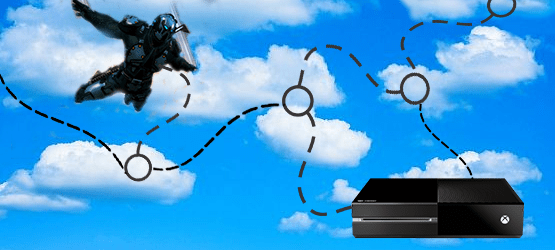At gamescom 2015, Microsoft revealed details on Crackdown 3’s 100% destructibility, and how it will utilize cloud computing to accomplish the very complex computations required for this feat. With this information, Daily Reaction is jumping into the discussion to ask the important questions about cloud computing, and explore if the future of technological processing is really in the mysterious entity known…





